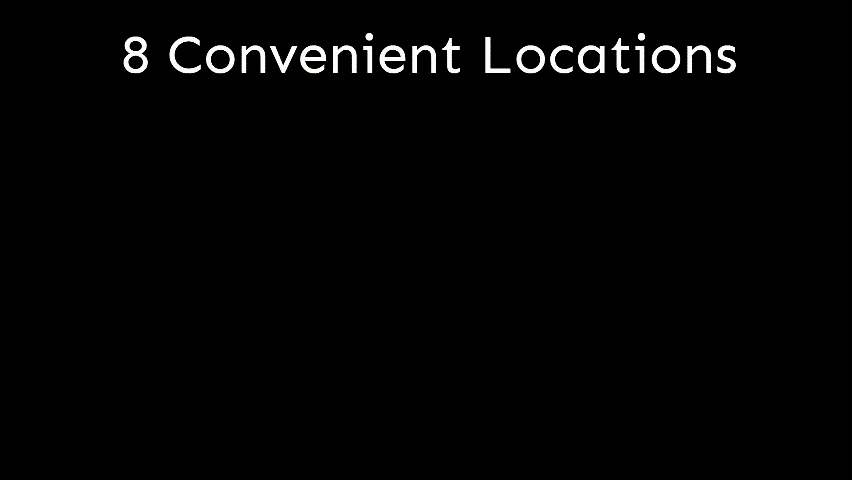Carbon dioxide (CO₂) is a crucial asset in beverage carbonation, draft systems, and production processes. Whether it’s served through kegs, craft taps, or fountain dispensers, CO₂ plays a key role in quality and consistency. But it also brings serious safety risks if not handled properly. In enclosed spaces like restaurants, bars, walk-in coolers, and breweries, even a minor leak can cause oxygen displacement and create an invisible—and deadly—hazard. At Dupuy Oxygen, we supply beverage-grade CO₂ throughout Central Texas and help local businesses stay compliant, protected, and CO₂-aware.
How CO₂ Behaves in the Workplace
CO₂ is an odorless, colorless gas that is heavier than air. When it leaks, it sinks and accumulates in low-lying spaces like basements, keg coolers, and storage rooms. At low concentrations, it can cause headaches, dizziness, or fatigue. At higher levels, it can lead to suffocation without warning. This makes CO₂ one of the most dangerous “silent hazards” in the food and beverage industry—and one that OSHA, TABC, TDSHS, and city inspectors take seriously.
Common Places CO₂ Leaks Occur
Leak points are often found in places where CO₂ is stored, distributed, or dispensed. These include:
-
Beverage gas cylinders and manifolds
-
Keg coolers and walk-ins
-
Soda fountain systems
-
Brewery fermentation tanks and brite tanks
-
Damaged or aging distribution lines
-
Improper fittings, valves, or regulators
Leaks are especially dangerous when unnoticed—for example, overnight or in rarely accessed storage areas. Regular checks, inspections, and monitoring systems are necessary for safe operations.
OSHA & TABC CO₂ Safety Requirements in Texas
Businesses handling CO₂ must comply with OSHA’s permissible exposure limits (PEL), which cap workplace CO₂ levels at 5,000 ppm over an 8-hour period. Higher levels require corrective action, reporting, and mitigation systems. Additionally, food and beverage businesses must comply with rules governing high-pressure cylinder storage, ventilation, hazard communication, and employee training. Failure to comply can result in fines, shutdowns, or liability in case of injury.
CO₂ Monitoring Systems: Your First Line of Defense
Installing a fixed CO₂ monitoring system is no longer optional—it's a best practice and often a code requirement. These devices automatically measure ambient CO₂ levels and sound alarms when concentrations exceed safe limits. Alarms should trigger at:
-
5,000 ppm: First alert—evacuate non-essential staff
-
15,000 ppm: Emergency alarm—full evacuation required
Modern monitors are wall-mounted and hardwired for accuracy, with sensor placement near floor level to detect CO₂ buildup early. When paired with automatic gas shutoff valves, they create an intelligent safety system that protects both staff and customers.
Best Practices for Beverage CO₂ Storage
Proper storage reduces risk and ensures regulatory compliance. Key requirements include:
-
Cylinders stored upright, chained, or cart-secured
-
No storage in unventilated basements, boiler rooms, or employee restrooms
-
Valve caps in place when not connected to a system
-
Nitrogen and CO₂ cylinders separated from flammable gases
-
Clear hazard signage posted in storage and fill areas
Staff should never store cylinders near heat sources, ignition points, or tight spaces without ventilation. Dupuy Oxygen offers delivery, installation, and certified gas handling training to help businesses meet safety standards.
Delivery Options for Restaurants & Breweries in Waco
Dupuy Oxygen offers three delivery formats for beverage CO₂ customers in Central Texas:
-
Standard Cylinders: 20–50 lb cylinders for restaurants and taprooms
-
Microbulk Tanks: Small refillable vessels for high-volume CO₂ users
-
Bulk Systems: On-site CO₂ tanks with remote fill access—ideal for breweries, stadiums, or refineries
Each format has unique safety needs and compliance requirements. We work with customers to size their system properly and prevent over-ordering, wasted gas, or unsafe storage conditions.
Employee Training & Hazard Communication
All staff working near CO₂ should understand:
-
How to identify CO₂ hazards
-
What to do in case of a leak or alarm
-
Where emergency shutoff valves are located
-
Why they should never enter a confined space with suspected CO₂ exposure
Training is not only smart—it helps satisfy OSHA’s Hazard Communication Standard (29 CFR 1910.1200), which requires CO₂ to be treated as a hazardous substance.
Signs Your Business Needs a CO₂ Safety Assessment
You may be overdue for a safety check if:
-
You’ve expanded your draft system or added more kegs
-
Your cylinders are stored in a walk-in cooler
-
You don’t have CO₂ monitors installed
-
Employees have reported dizziness or odor complaints
-
You’ve never received CO₂ compliance training
Dupuy Oxygen’s field specialists can perform on-site assessments to locate risks, recommend mitigation, and update your storage and monitoring systems.
Why Waco Businesses Trust Dupuy Oxygen
As the top beverage gas supplier in Central Texas, Dupuy Oxygen brings:
-
Beverage-grade, food-safe CO₂ delivery
-
Local route service and emergency dispatch
-
CO₂ monitoring equipment, installation, and training
-
Cylinder exchange and microbulk supply programs
-
Expertise serving breweries, bars, restaurants, cafeterias, and venues
We’re not just a gas provider—we’re a safety partner for the food and beverage industry.
Keep Your Business CO₂ Safe with Dupuy Oxygen
Protect your employees, comply with OSHA standards, and ensure uninterrupted beverage service with professional CO₂ delivery and safety solutions.
Contact Dupuy Oxygen today for beverage CO₂, monitoring equipment, or a complete safety audit for your Waco-area restaurant or brewery.


